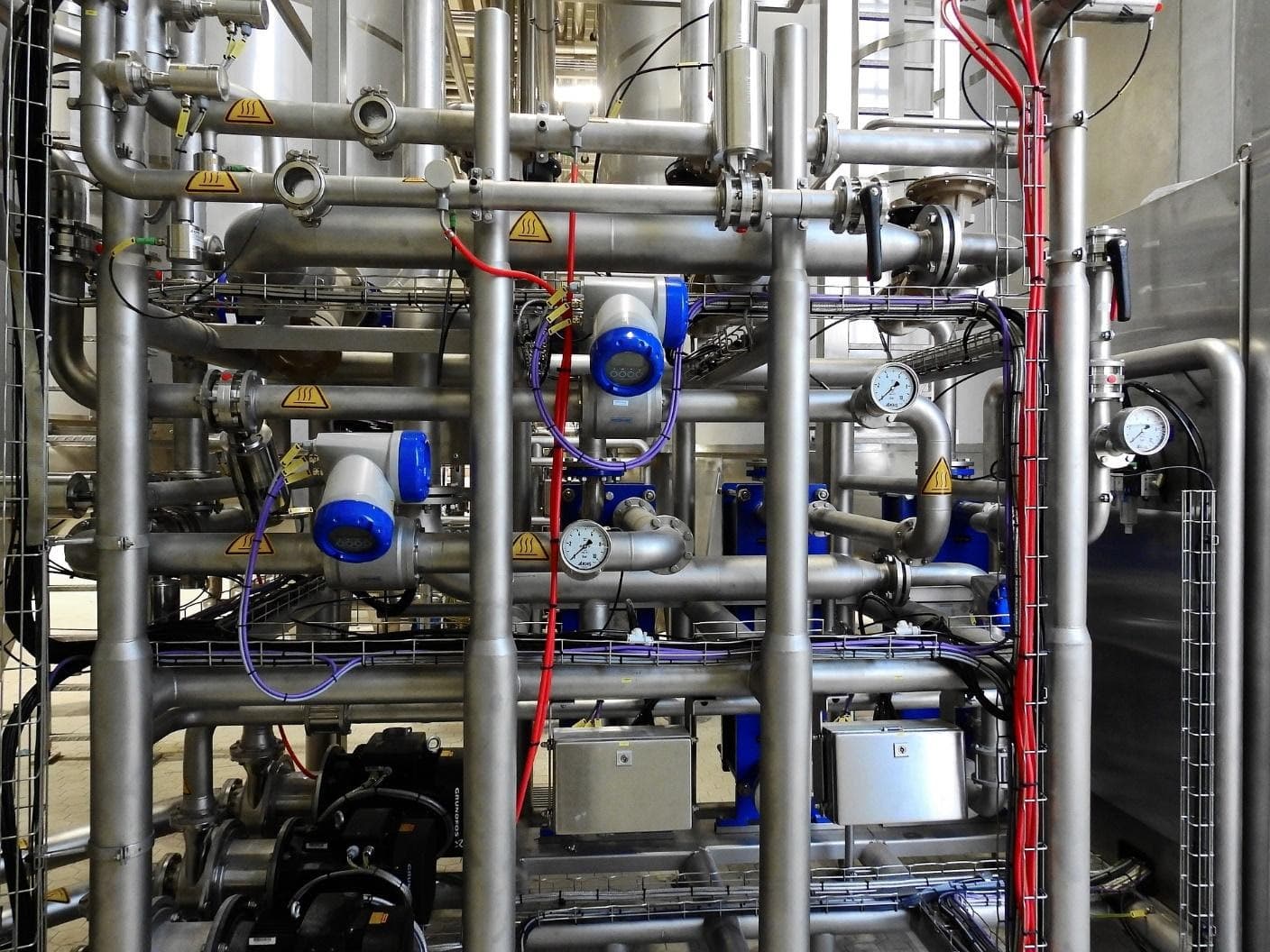Is a Stainless Steel Valve Right for your Application?

Image Text: Stainless steel valves
Valves are mechanical devices that help control the movement of liquids, powders, and gases through tubes and pipes. Valves typically rely on some type of barriers, such as a ball, a plate, or a diaphragm. This mechanical barrier is inserted and removed from the flow of the material passing through.
When it comes to valves, making the correct choice of material plays a significant role as it helps ensure the compatibility of certain parts of the valve with the substance passing through it. Stainless steel is one of the most popular valve materials that is used in multiple industries.
What are the Benefits of Using Stainless Steel Valves?
There are many benefits of using stainless steel valves. There’s no doubt that stainless steel is a great material that is tougher than brass, copper, and cast iron when it comes to tolerating high pressures and temperature. Carbon steel is probably the only material that comes closest to stainless steel. Generally, stainless steel values have various applications due to their great performance in terms of temperature limits, corrosion resistance, and high-pressure tolerance.
Applications of Stainless Steel Ball Valves
Since stainless steel delivers phenomenally on all fronts, they are used in various industries. Here are a few applications of stainless steel ball valves.
Oil Refining
Refining crude oil is a long and complicated process that is made much easier through the use of stainless steel ball valves. Crude oil may contain sulfur, carbon dioxide, and many microorganisms, which makes it an extremely corrosive substance. Over time, the constant movement of this substance can break down the metal of the valve. Therefore, you will need pipes and valves that can withstand corrosive crude oil for the longest time. Since stainless steel valves have very high corrosion resistance, they are the obvious choice of use in the oil refinery industry.
Marine Projects
Certain applications involving pipes and valves occur under or near seawater. Since seawater contains chloride and sodium, it is pretty corrosive to all materials, especially metals. That’s not all, marine environments naturally involve water, a substance that has a substantial impact on all metals.
In such applications, many prefer to use plastic valves since they are more resistant to water and other harsh chemicals compared to most metals. However, the main concern with using plastic valves is that they can’t withstand extreme temperatures and high pressures.
Stainless steel ball valves, on the other hand, have a high-temperature tolerance, are corrosion resistant, and can withstand high pressures. The only thing these valves require is proper maintenance to extend their lifespan under or around seawater.
Breweries
Stainless steel ball valves are widely used in breweries. These valves are typically situated on the kettle to help control the flow of liquid during transfers. The reason that stainless steel valves are a top choice in breweries is that during the mashing process, the valve comes into direct contact with a liquid known as wort, which is highly corrosive and can very easily wear down iron valves, and since plastic valves lack the ability to handle high temperatures, stainless steel valves are the best option.
Wrapping Up
The industries mentioned above are just a few examples of the application that stainless steel valves have. These valves can be used in any process that involves the transfer of a corrosive, high temperature, or high-pressure substance such as gas or liquid.